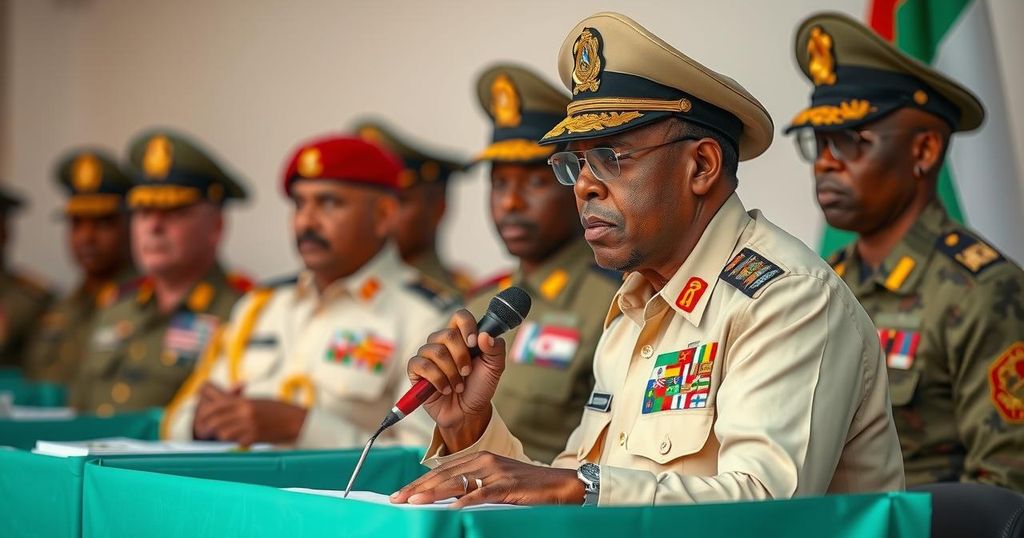Chad conducted a general election aimed at ending three years of military rule, but turnout was low at 38% due to opposition boycott calls. The election focused on establishing new parliamentary and local governance structures.
Chad held a general election on Sunday, which the government has stated is a significant step towards the restoration of civilian rule following three years under military governance. However, the electoral process faced considerable challenges as turnout was predicted to be low due to an opposition-led boycott. Preliminary reports indicated that the voter participation rate was merely 38 percent, as per figures released by Chad’s electoral management agency, ANGE. This election was intended to establish a new parliamentary body, provincial assemblies, and local councils essential for transitioning back to democratic governance.
Chad has been under military rule since the death of its long-time leader, Idriss Déby, in 2021, following which a transitional military council, led by his son Mahamat Idriss Déby, took control. The transition period has been marked by political unrest and demands for a return to civilian governance. The general election is being perceived as a crucial moment in the nation’s political landscape, with various factions pushing for either support or opposition to the current military-led administration. The low voter turnout, attributed to calls for a boycott by opposition parties, highlights significant divisions within Chad’s political factions and raises concerns about the legitimacy of the electoral process.
The recent general election in Chad signals a pivotal moment in the country’s efforts to end military rule, although the low voter turnout suggests deep-seated opposition to the process. With only 38 percent of citizens participating, it remains to be seen how effectively the newly elected bodies can represent the population’s desires and advance towards genuine democratic governance in the post-election landscape. The call for boycott by opposition groups raises critical questions about the future political stability of Chad.
Original Source: www.caledonianrecord.com






